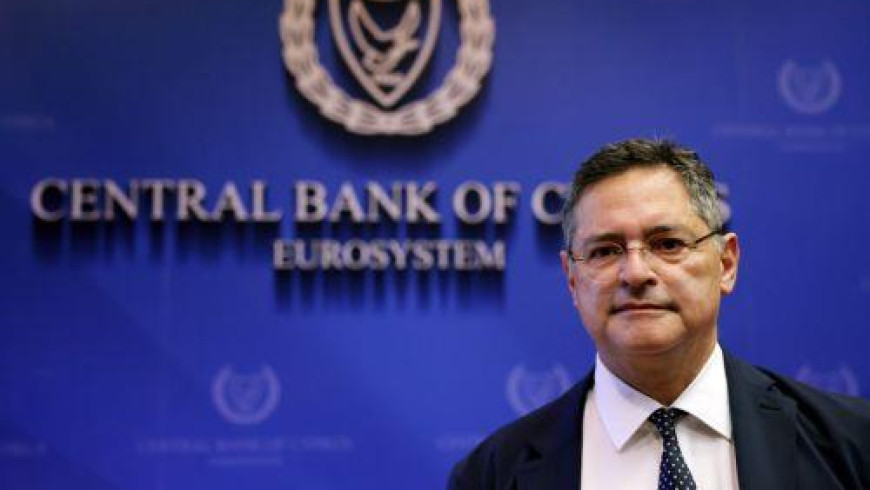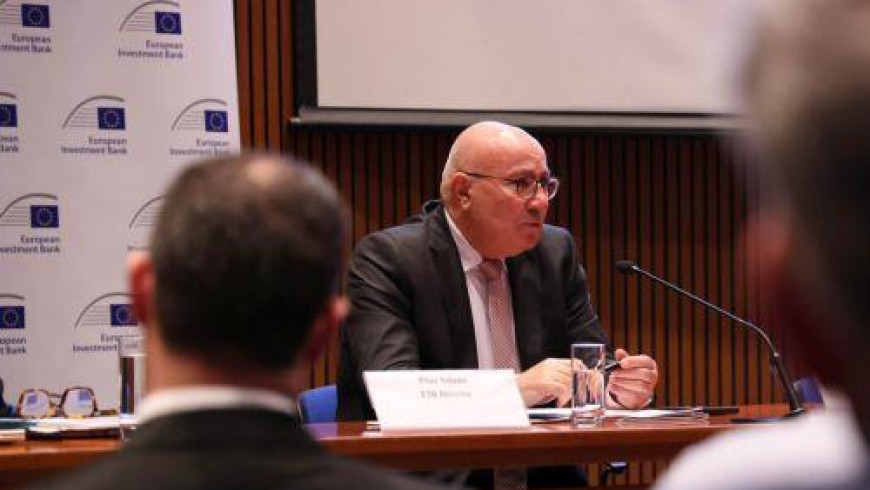
Financial literacy and regulatory framework are key to empowering households in their financial behaviour, experts argued in a Conference co-organised by the Central Bank of Cyprus (CBC) and Centre for Economic Policy Research (CEPR) on Wednesday.
CBC Governor, Christodoulos Patsalides addressed the conference describing the national strategy for the promotion of financial literacy and its impact on building household financial resilience in Cyprus. He noted the importance of financial literacy for individuals, especially in financial management, budgeting, saving and investing.
Referring to the significant gaps shown in a 2023 survey in financial literacy in Cyprus, Patsalides noted that there is a wide-spread deficiency in financial skills, resulting to people in Cyprus being ill-prepared to manage their financials appropriately, especially when a crisis occurs. He noted the need for a targeted financial education and explained the national strategy for financial literacy, which emphasises in integrating financial literacy in schools, promoting life-long learning and enhancing digital financial literacy.
The Governor also highlighted the need for a regulatory framework that safeguards against risks such as fraud. He noted that after the 2013 financial crisis in Cyprus, reforms took place and regulations were introduced, resulting in a more resilient economic system.
A panel discussion followed, moderated by Dr. Alex Michaelides, a professor at the Imperial College of London. The panelists included Dr. Magda Bianco, from Bank of Italy, and chair of OECD international network for financial literacy, Michael Haliassos, professor at Goethe University Frankfurt, Dr. Jumana Saleheen, chief economist and head of the investment strategy group Vanguard Asset Management and Diane Thompson, senior advisor to the director of Consumer Financial Protection Bureau in the USA, who joined the discussion remotely.
Bianco highlighted the need for financial education and consumer protection to ensure financial inclusion. Regarding financial education, she noted that at an individual level, it can increase resilience, while in a macro level it can lead to financial inclusion, implementation of economic reforms, and addressing inequalities.
As best practices, she proposed making financial education compulsory in schools. For adults, she proposed reaching them with engagement through main and social media. Regarding financial consumer protection, Bianco proposed regulations with transparency.
Professor Haliassos said that households in Greece and Cyprus face similar challenges, such as a demographic crisis, increased responsibility for funding their retirement, multiple recent crises, inflation and wage level.
He noted that typical household responses include a focus on real estate, since people think that land and houses only go up. They also avoid financial risk, with most money kept in deposits or at home, they demand from the state to provide with adequate pensions, and there is also tax evasion and avoidance, lack of trust in the state and the financial insurance sector and their most sophisticated products.
He proposed that households can be empowered through financial education, through interaction with peers, through advice from professionals, and through simpler financial products. He noted the correlation between low financial literacy and lower tendency to save for retirement, lower wealth level, lower participation in stock market and a tendency to use high-cost credit.
Dr. Jumana Saleheen noted the importance of clear, simple and low-cost products, as another way to empower households in their financial decisions, noting that while financial literacy is vital, it still has its limits. She also added that policy regulations are the ones that can move the needle regarding the trust households show to the financial system.
Diane Thompson made a point that financial literacy can never keep up with the new products and that it’s important not to blame consumers for failure to keep up, but instead make the market conditions for responsible choices in a competitive market. She insisted on pushing towards greater transparency and simplicity in new products.














 3287.99
3287.99 1275.09
1275.09
